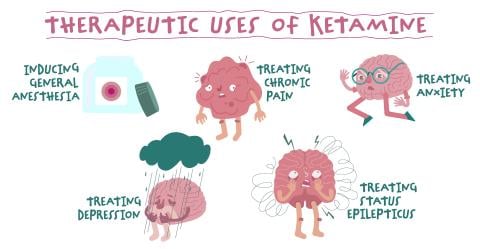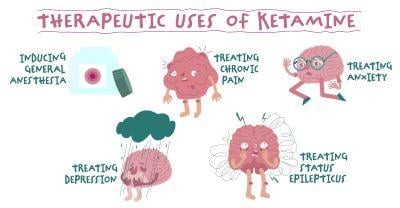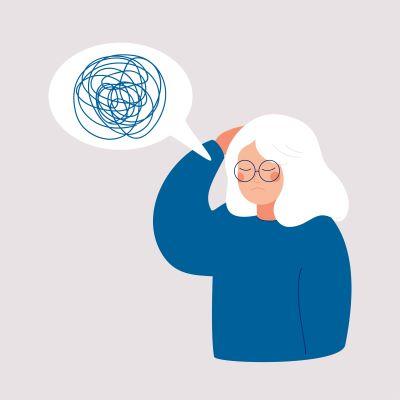You’re not alone if you have OCD. This disorder affects millions of people, and they come from every age group, race, gender, ethnicity, and socioeconomic background. College can be stressful, and it’s not unusual to first experience OCD symptoms there.
Although it makes you feel better in the short term, continuing to perform compulsive rituals in response to your obsessions can actually make your OCD worse. The obsessions and compulsions are likely to come back stronger and with more frequency. Treatment for your OCD is the best way to live free of your symptoms.
Other conditions frequently co-exist with OCD, including anxiety and depressive disorders, ADHD, autism, tic disorders, and eating disorders. As a result, it can be confusing to try to sort out what your particular symptoms actually are. A proper diagnosis from a licensed professional is the first step to treatment.
How to Get Help
With treatment, relief from your OCD can start in just a few weeks.
Start with your college’s student health center or counseling service. Say that you think you might have OCD and want to see a cognitive-behavioral therapist. If your counseling center doesn't have such a therapist, ask for help to find one. If the staff doesn't have information you need, search for a local therapist here to discuss your options. Your goal is to get relief from OCD as soon as possible.
A support group can provide information, encouragement, and emotional support, and it can play a very important role in OCD recovery, but it's not a substitute for treatment. Search for a local support group here. Some apps may also be effective along with therapy.
Paying for treatment. If your student health center or counseling service can provide cognitive-behavioral therapy (CBT), it may be covered under your student health insurance. If you need to go to a therapist in private practice, it will likely be more costly. For some, asking for parental support may be an option. If your doctor recommends medication, you may be able to receive financial assistance from the Partnership for Prescription Assistance or NeedyMeds.
Updated September 2016















